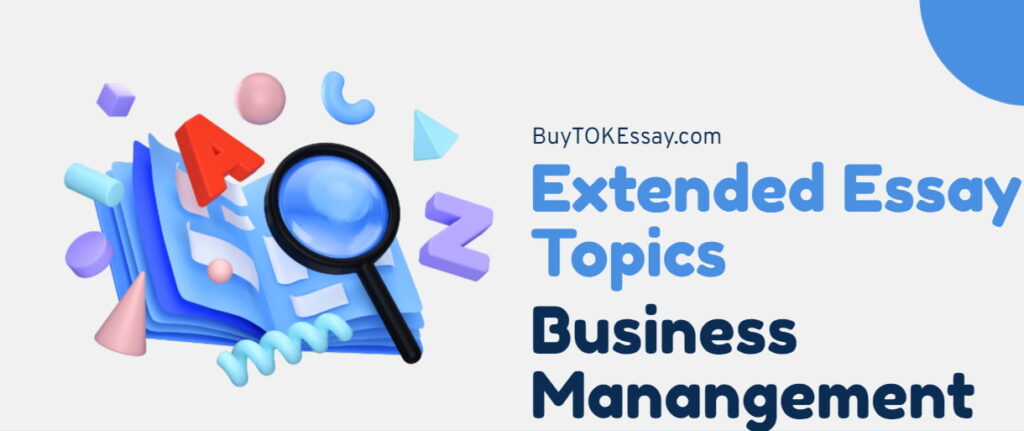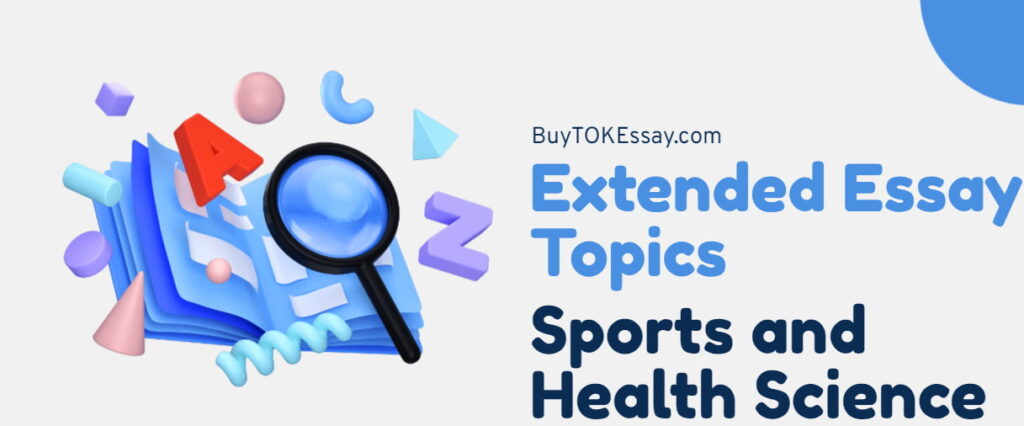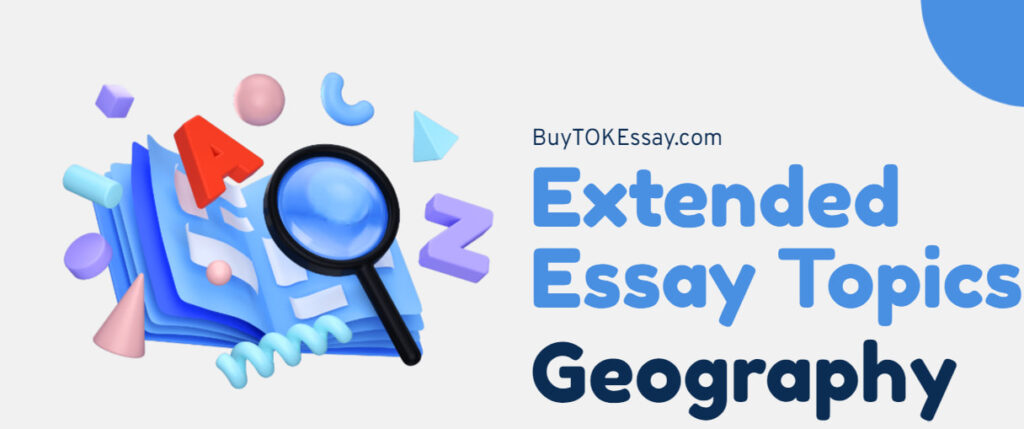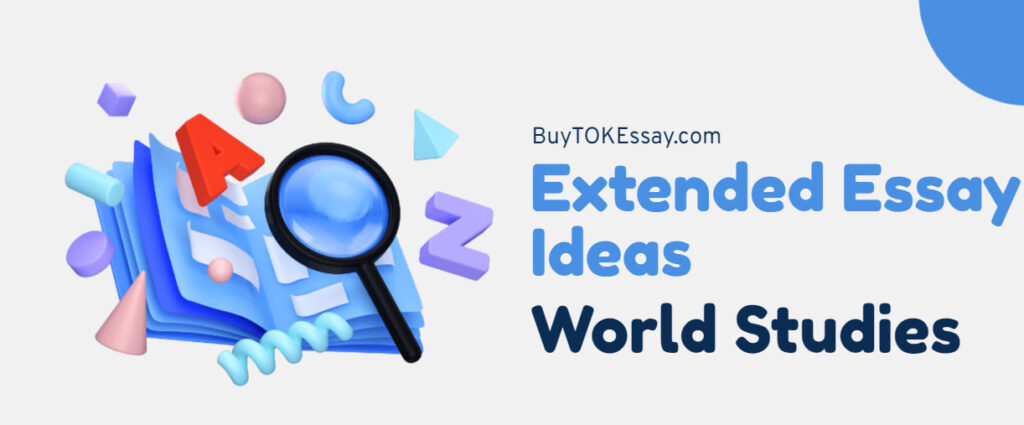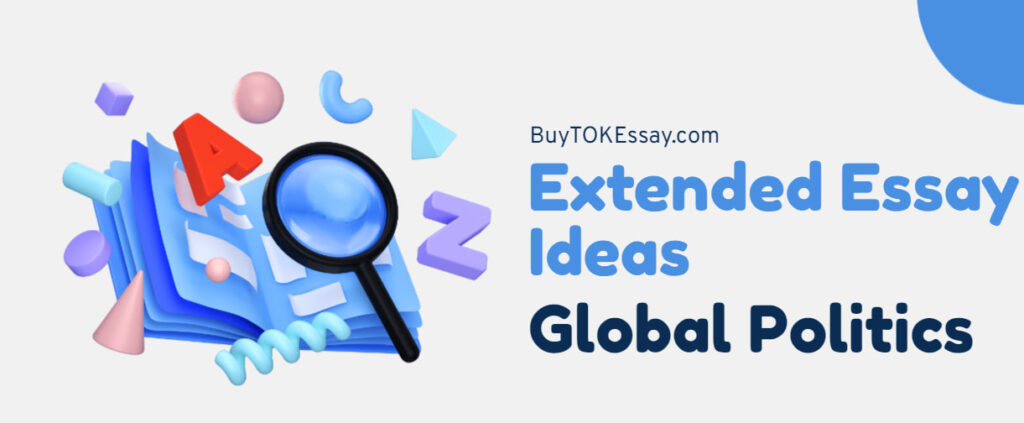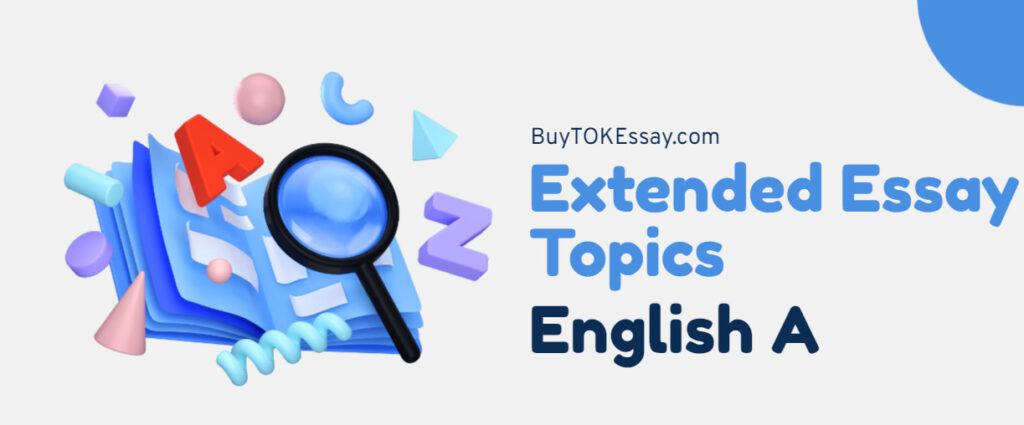As an experienced IB tutor and writer, I’ve had the unique opportunity to guide many students through their IB English B course. Today, I’m eager to share my knowledge with you, especially about choosing English B extended essay topics. Making the right choice can improve your work and make the whole research and writing process more enjoyable.
What Is the IB English B Course?
Drawing from my extensive experience, I aim to highlight what this course entails and why it’s so crucial for IB students. In my opinion, the IB English B is more than just another language-learning class. This course immerses students in the English language through various contexts and cultures. According to general IB criteria, Language B is perfect for students with some background in English but not native speakers. It aims to boost their linguistic skills and cultural understanding, preparing them for global citizenship in a multilingual world.
From my experience, the IB English B course is structured around researching language in a cultural context, language acquisition, and studying texts and themes. This isn’t just about mastering grammar or expanding vocabulary. It is about using English to interact with many cultures, literature, and ideas. The course teaches students to think critically and reflectively about language and its influence on the world around them.
One of the aspects I particularly admire about the English B course is its flexibility. Students can study various material, from literary classics to contemporary media. This versatility means that each student’s experience can be tailored to their interests and goals, making their learning both personal and profound.
Choosing English B Extended Essay Topics
In my experience, the secret to writing a compelling English B extended essay is balancing personal passion and academic rigor. The process begins with choosing a topic that piques your interest and aligns with the course objectives. But the path doesn’t end there.
Identify Your Interest Area
Start by reflecting on what aspects of the English B course fascinate you the most. Is it the linguistic nuances of English in different cultural contexts? Or perhaps the portrayal of specific themes in English literature?
Narrow Down Your Topic
Once you have a broad interest area, narrow it down to a specific question or hypothesis. This specificity will guide your research and make your essay more focused and coherent. The more focused your topic, the more depth you can achieve in your analysis.
Conduct Preliminary Research
Before settling on your final topic, dig into some initial research to ensure enough material supports your investigation. This step can also help refine your essay research question.
Plan Your Research
Organize your investigation and conduct a step-by-step research process. Decide on the methodologies you will use, the sources you aim to consult, and how you will collect and analyze your data.
Write with Purpose
As you begin drafting your essay, keep your research question in mind. Each section of your essay should contribute towards investigating your topic and answering your question.

English B Extended Essay Topics and Research Questions
As an experienced IB tutor, I know that formulating thought-provoking topics for an IB English B extended essay requires a careful selection of subjects that offer both breadth and depth of investigation. Here are some ideas to think about:
- The Evolution of Gender Roles in Post-War British Literature. How do post-war British novels reflect the change in gender roles from the 1950s to the present?
- The Impact of Colonialism on Language in African Literature. In what ways does African literature portray the impact of colonialism on indigenous languages and cultures?
- Magic Realism in Latin American Literature. How does magic realism in Latin American literature serve as a tool for social and political commentary?
- The Portrayal of Mental Health in Contemporary Young Adult Fiction. What does the representation of mental health issues in contemporary young adult fiction say about societal attitudes toward mental illness?
- Censorship and Literature: A Comparative Study. How has censorship influenced the publication and reception of 20th-century novels in different political regimes?
- The Role of the Supernatural in Japanese Literature. What role does the supernatural play in Japanese literature, and how does it reflect cultural attitudes toward death and the afterlife?
- Post-Colonial Identity in Indian English Literature. How do Indian English novels since independence reflect the search for a post-colonial identity?
- Eco-Criticism in American Poetry. How do contemporary American poets use their work to address environmental issues?
- The Influence of the Internet on 21st-Century English Language Novels. How have 21st-century English language novels incorporated themes of digital life and the Internet, and what does this say about contemporary society?
- Cross-Cultural Conflicts in Immigrant Literature. How does immigrant literature depict the conflict between traditional heritage and adopting a new cultural identity?
- Dystopian Visions in Modern Science Fiction. What do dystopian themes in modern science fiction reveal about contemporary societal fears and challenges?
- The Hero’s Image in Modern Cinema: An Adaptation from Literature. How are the elements of the hero’s image adapted in modern cinema from their literary origins?
- Satire and Social Commentary in British Novels of the 21st Century. How is satire used as a form of social commentary in British novels of the 21st century?
- The Intersection of Culture and Language in Caribbean Poetry. How do Caribbean poets use language to reflect and challenge cultural identities and histories?
- Narrative Techniques in Autobiographical Novels. How do authors use narrative techniques to blur the lines between fact and fiction in autobiographical novels?
- Translation and Its Impact on World Literature. How does translating works of literature affect the reception and interpretation of the original text across cultures?
- Feminist Themes in the Novels of Chimamanda Ngozi Adichie. What role do feminist themes play in shaping the narratives and character development in the novels of Chimamanda Ngozi Adichie?
- The Representation of Urban Life in Modern Poetry. How is urban life depicted in modern poetry, and what does this portrayal say about contemporary urban experiences?
- Existential Themes in the Works of Albert Camus. How do existential themes manifest in the works of Albert Camus, and what do they reveal about the human condition?
- The Influence of Mythology on Modern Fantasy Literature. In what ways has classical mythology influenced modern fantasy literature, particularly in character archetypes and plot structures?
- The Treatment of Immigration in Canadian Literature. How does Canadian literature address the complexities and challenges of immigration in the contemporary era?
- Cultural Identity and Language in Indigenous American Literature. How do Indigenous American authors use literature to affirm cultural identity and language preservation?
- The Role of Food in Shaping Cultural Identity in Literature. How is food used as a symbol to research and express cultural identity in global literary works?
- Portrayals of Artificial Intelligence in Science Fiction. What do portrayals of artificial intelligence in science fiction literature reveal about societal hopes and fears regarding technology?
- The Legacy of Colonialism in Caribbean Literature. How does Caribbean literature address the legacy of colonialism and its impact on identity and society?
- Psychological Realism in Russian Literature. How do Russian novels of the 19th and 20th centuries employ psychological realism to research the depths of the human psyche?
- Children’s Literature as a Reflection of Societal Change. How does children’s literature reflect societal changes and challenges from the 20th century to the present day?
- The Influence of the French Revolution on Romantic Poetry. How did the French Revolution influence the themes and styles of Romantic poetry in England?
- The Representation of Class Struggle in Victorian Novels. How is the theme of class struggle represented and critiqued in Victorian novels?
- Bilingualism in Literature: The Intersection of Languages. How do authors incorporate bilingualism into their narratives, and what does this reveal about the intersection of cultures and languages?
- The Evolution of the Detective Genre: From Classic to Contemporary. How has the detective genre evolved from its classical roots to contemporary interpretations, particularly in its portrayal of detectives and the nature of crime?
- Narratives of Resistance in South African Literature. How do narratives in South African literature reflect resistance against apartheid and post-apartheid challenges?
- The Role of Silence in Japanese Literature. What is the significance of silence in Japanese literature, and how does it contribute to narrative style and character development?
- Memory and Identity in Diaspora Literature. How do authors from diaspora communities use memory as a tool to construct identity in their narratives?
- The Portrayal of Climate Change in Contemporary Fiction. How is climate change portrayed in contemporary fiction, and what are the implications of these portrayals for understanding human interaction with the environment?
- The Influence of Surrealism on 20th Century Poetry. How has surrealism shaped the themes and imagery of 20th-century poetry, and what does this reveal about the human psyche?
- Indigenous Oral Traditions in Modern Literature. How do contemporary authors integrate indigenous oral traditions into their literary works, and what impact does this have on storytelling techniques?
- Gender Fluidity in Contemporary Fiction. How is gender fluidity represented in contemporary fiction, and what does this reflect about evolving societal attitudes towards gender?
- Cultural Assimilation in Asian American Literature. How do Asian American authors depict themes of cultural assimilation and identity formation in their literary works?
- Environmental Justice in Ecological Literature. How does ecological literature address issues of environmental justice and advocate for sustainable living practices?
- Myth and Symbolism in Irish Literature. How do Irish writers use mythological themes and symbolism to show national identity and cultural heritage?
- Transcendentalism in American Literature. How does transcendentalist philosophy influence themes of individualism and spirituality in American literary works?
- Postmodernist Experimentation in Fiction. How do postmodernist authors experiment with narrative structure and form in their fiction, and what effect does this have on reader interpretation?
- Globalization and Identity in Contemporary Poetry. How do contemporary poets address themes of globalization and cultural identity in their poetry?
- Afrofuturism in Science Fiction Literature. How does Afrofuturism challenge traditional narratives of the future and envision alternative possibilities for black identity and empowerment?
- The Representation of Trauma in Holocaust Literature. How do Holocaust survivors and their descendants depict and process trauma in literary works, and what role does literature play in collective memory?
- Ecofeminism in Contemporary Fiction. How do ecofeminist perspectives inform the portrayal of gender and the environment in contemporary fiction, and what implications does this have for environmental activism?
- Posthumanism in Speculative Fiction. How does posthumanist theory shape the themes and narratives of speculative fiction, particularly in research of the boundaries between human and non-human?
- Indigenous Rights and Sovereignty in Native American Literature. How do Native American authors advocate for indigenous rights and sovereignty through their literary works, and what strategies do they employ to challenge colonial narratives?
- Queer Theory and LGBTQ+ Representation in Modern Drama. How does queer theory inform the portrayal of LGBTQ+ characters and themes in contemporary drama, and what impact does this representation have on societal perceptions of gender and sexuality?
- Eco-Poetry: Nature as Muse and Message. How do contemporary poets engage with nature as both a source of inspiration and a subject for environmental advocacy in their poetry?
- Disability Narratives in Contemporary Fiction. How do authors represent disability experiences and challenge ableist narratives in contemporary fiction, and what role does literature play in promoting disability awareness and inclusion?
- Postcolonial Ecocriticism in Caribbean Literature. How do postcolonial ecocritical perspectives enrich our understanding of Caribbean literature by examining the relationship between colonialism, ecology, and identity?
- Digital Humanities and Literature: New Frontiers. How are digital humanities methodologies reshaping the study of literature, and what opportunities and challenges do they present for literary analysis and interpretation?
- Neurodiversity in Young Adult Literature. How do young adult authors depict neurodiverse characters and themes of mental health and neurodiversity in their literary works, and what impact does this representation have on readers?
These topics allow for extensive research and analysis, following the guidelines for IB English B extended essays. You can use these topics or expand on them as you see fit.

Need Help with Your IB Extended Essay?
Maximize your potential and boost your Extended Essay’s excellence with the help of our experts! Whether starting from scratch or fine-tuning your existing assignment to meet your supervisor’s demands, the BuyTOKEssay.com team is here to make your dream of a perfect paper a reality. Say goodbye to writer’s block and hello to success with just one click.
Conclusion
In conclusion, choosing a topic for your English B extended essay is an important first step to set your writing and research direction. So, take the time to choose a topic you are passionate about and start writing confidently. By the way, if you need some help with your extended essay, just contact our experienced IB writers and boost your work to perfection! ✍️💯
